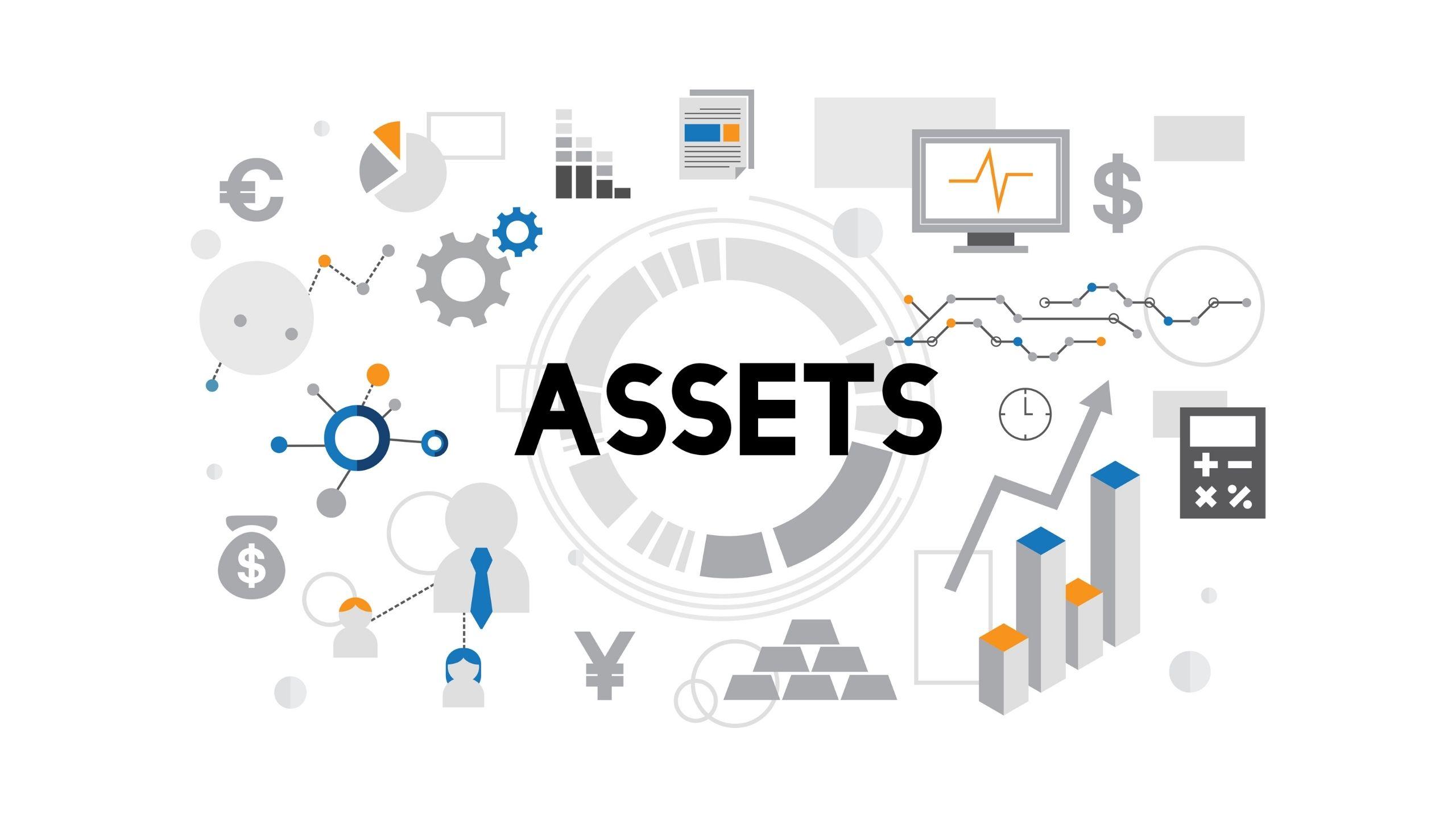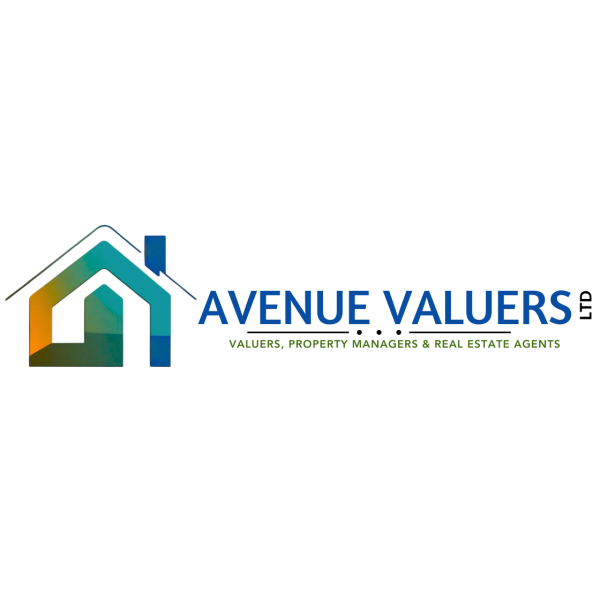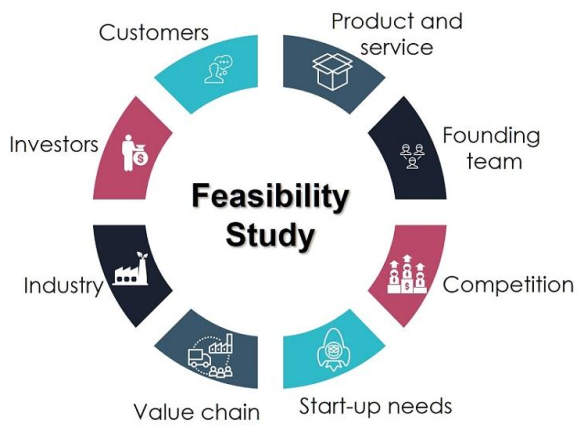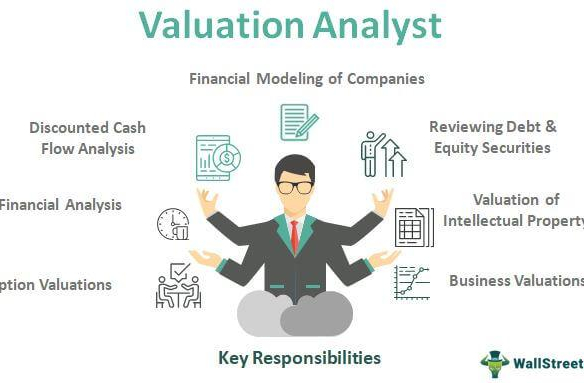Asset Valuation in Kenya: Everything You Need to Know
Accurately knowing the value of your assets is no longer optional; it’s essential for making informed financial and strategic decisions. Whether you’re running a business, investing in property, applying for financing, or planning for insurance, understanding asset valuation can save you money, reduce risk and improve negotiations.
In this comprehensive guide, we’ll explain what asset valuation is, why it matters, the methods of asset valuation used by professional valuers in Kenya, and how to choose the right valuation service for your needs.
What Is Asset Valuation?
Asset valuation is the process of estimating the fair market value of assets. These assets can be:
Fixed or tangible assets – real estate, plant, machinery, equipment, vehicles, land
Intangible assets – goodwill, patents, trademarks, software licences
Financial assets – investments, securities
By identifying what an asset is worth today, owners, investors and lenders can make smarter decisions about buying, selling, insuring or using it as collateral.

Why Asset Valuation Matters
Asset valuation is critical for:
Financial Reporting & Compliance – International Financial Reporting Standards (IFRS) and Kenyan accounting standards often require periodic valuation of fixed and intangible assets.
Securing Loans & Finance – Banks and other lenders rely on independent valuation reports before issuing credit.
Insurance Purposes – Correct valuation avoids both under-insurance (leading to out-of-pocket losses) and over-insurance (paying too much in premiums).
Transactions & Investment Decisions – Buying or selling businesses, mergers & acquisitions, joint ventures.
Tax & Legal Compliance – Stamp duty, inheritance tax, capital gains tax, compulsory acquisition and government compensation all rely on accurate asset values.
Dispute Resolution – Courts and arbitrators often require professional valuations in divorce, partnership, or shareholder disputes.
Types of Assets Commonly Valued in Kenya
Professional valuers cover a wide range of asset classes. Some of the most common include:
Real Estate Asset Valuation
Residential properties
Commercial buildings (offices, retail centres)
Industrial premises and warehouses
Vacant and agricultural land
Leasehold interests
Plant & Machinery Valuation
Manufacturing equipment
Heavy vehicles and construction machinery
ICT equipment and office fit-outs
Intangible Asset Valuation
Goodwill, brand names and intellectual property
Patents, licences, software
Customer lists, franchises
Each category may require a different valuation approach to produce accurate, defensible figures.
Methods of Asset Valuation
Professional valuers in Kenya and globally use internationally accepted approaches, often combining more than one for accuracy. The three most common are:
| Method | How It Works | When It’s Used |
|---|---|---|
| Market Approach (Sales Comparison) | Compares the asset to recent sales of similar items in the open market. | Ideal for real estate, vehicles, and assets with active secondary markets. |
| Cost Approach / Replacement Cost | Calculates what it would cost to replace or reproduce the asset, minus depreciation and obsolescence. | Useful for specialised plant, machinery, or buildings with no active resale market. |
| Income Approach / Discounted Cash Flow (DCF) | Estimates future cash flows from the asset and discounts them to present value. | Best for income-producing assets such as rental properties or intangible assets generating royalties. |
Other techniques include the Adjusted Net Asset Method (common in business valuations) and the Depreciated Replacement Cost (DRC) for unique properties.
Step-by-Step: How Valuers Conduct an Asset Valuation
Identify and Define the Asset
Specify exactly which fixed, intangible or financial assets are to be valued.Collect Data
Purchase records, maintenance logs, market comparables, location details, income history, legal encumbrances.Select the Valuation Method(s)
Choose market, cost, income or hybrid approach depending on the asset type and purpose of valuation.Apply Depreciation / Obsolescence
Adjust for wear and tear, age, technological changes, functional or economic obsolescence.Consider Market Conditions
Demand, supply, location, recent sales and economic factors.Prepare a Valuation Report
Present clear descriptions, methodologies, assumptions, calculations and conclusions. Attach photographs or schedules where appropriate.
Asset Valuation in Kenya: Special Considerations
Valuation in Kenya has some unique aspects:
Limited Comparable Data – For specialised assets, local market comparables may be scarce, making professional expertise even more valuable.
Physical Condition – Kenya’s climate and infrastructure can accelerate asset wear; accurate on-site inspection is key.
Regulatory Framework – Valuers must comply with the Valuers Registration Board of Kenya and follow International Valuation Standards (IVS).
Cost Factors – Import duties, shipping and local taxes affect replacement cost calculations for machinery or equipment.
These factors highlight why DIY valuations or outdated figures can be risky.
Common Mistakes to Avoid
Relying on Outdated Cost Data – Market conditions change quickly.
Ignoring Intangible Value – Goodwill, brand and intellectual property can be major components of a business’s worth.
Using One Method for All Assets – Different asset classes require different approaches.
Poor Documentation – Missing records undermine credibility of the valuation.
Choosing Unqualified Valuers – Always verify registration and experience.
How to Choose the Right Asset Valuation Service Provider
Because valuation influences major financial decisions, choosing a qualified provider is crucial:
Credentials – Registered with the Valuers Registration Board, members of professional bodies.
Experience – Proven track record in your asset class (real estate, plant & machinery, intangibles).
Methodology Transparency – Clear disclosure of assumptions and approaches.
Local Market Knowledge – Familiarity with Kenyan conditions and regulations.
Timely Delivery – Accurate reports provided on schedule.
Benefits of Professional Asset Valuation
Independent and unbiased results
Compliance with IVS and IFRS
Credible reports accepted by banks, insurers, courts and tax authorities
Better decision-making for buying, selling, insuring and investing
Peace of mind knowing your assets are neither undervalued nor overvalued
Frequently Asked Questions on Asset Valuation in Kenya
1. What are the main purposes of asset valuation?
Asset valuation helps with financial reporting, loan security, insurance, mergers and acquisitions, tax and stamp duty, dispute resolution, and government compensation for compulsory acquisition.
2. How is the fair market value of an asset determined?
Professional valuers analyse market data, replacement costs, income streams and depreciation to arrive at a fair market value using recognised methods such as the market approach, cost approach and income approach.
3. What documents do I need for an asset valuation?
Typically: proof of ownership (title deeds, log books), purchase invoices, maintenance records, tenancy or lease agreements (for income assets), licences or registration documents for plant and machinery, and any encumbrance information.
4. How long does an asset valuation take?
This depends on the number and complexity of assets. A single residential property might take a few days; a portfolio of plant, machinery or specialised assets can take several weeks.
5. How much does asset valuation cost in Kenya?
Fees vary by asset type, size, location and purpose. Many valuers follow professional scale fees set by bodies such as the Institution of Surveyors of Kenya (ISK) or the Valuers Registration Board.
6. What is the difference between book value and market value?
Book value reflects the asset’s historical cost minus accounting depreciation. Market value is what a willing buyer would pay a willing seller today in an open market.
7. Do banks and insurers accept all valuation reports?
No. They usually require reports from registered and licensed valuers who comply with International Valuation Standards and local regulations.
8. How often should fixed assets be revalued?
Most organisations revalue every three to five years for financial reporting. Rapidly changing markets, regulatory requirements or loan renewals may require more frequent updates.
9. Can intangible assets such as goodwill or patents be valued?
Yes. Valuers use methods such as income approach (projected cash flows), relief-from-royalty, or excess earnings to estimate the value of intangible assets.
10. What is Depreciated Replacement Cost (DRC) valuation?
DRC estimates what it would cost to replace an asset with a new one, then deducts depreciation and obsolescence.
11. Is asset valuation required for tax purposes in Kenya?
Yes. For stamp duty, capital gains tax, estate duty or transfer pricing, Kenya Revenue Authority (KRA) may request a professional valuation to verify declared values.
12. What happens if my asset is undervalued or overvalued?
Undervaluation may lead to underinsurance, low borrowing capacity, or reduced compensation. Overvaluation can inflate premiums or tax liabilities. Professional, independent valuation helps avoid both risks.
13. Who regulates valuers in Kenya?
The Valuers Registration Board (VRB) under the Valuers Act (Cap 532) registers and regulates valuers. Only registered valuers can legally undertake valuations for official purposes.
14. Can asset valuation help during business sale or merger?
Absolutely. Business asset valuation provides a clear picture of what you’re selling or acquiring, improving negotiation power and satisfying due diligence requirements.
15. Do I need a valuation for insurance renewal?
Yes. Insurers recommend updating your sum insured based on an up-to-date valuation to avoid under-insurance or disputes when claims arise.
16. Is there a difference between property valuation and asset valuation?
Property valuation focuses on real estate only, while asset valuation covers a broader range including plant, machinery, vehicles, equipment and intangible assets.
17. Can I get an online asset valuation?
Some firms provide desktop or preliminary valuations using online data, but for legally recognised reports—especially for banks, courts or KRA—physical inspection by a registered valuer is required.
18. How do valuers handle specialised assets with no active market?
For assets such as factories, power plants or custom-built equipment with no direct comparables, valuers often use the Depreciated Replacement Cost (DRC) method or hybrid approaches, adjusting for obsolescence and market conditions to arrive at a fair value.
19. Can asset valuation help with estate planning and inheritance in Kenya?
Yes. Accurate valuation of real estate, businesses and other property is essential for equitable distribution of estates, calculating estate duty or inheritance tax, and avoiding disputes among beneficiaries.
20. What qualifications should a professional valuer have?
A qualified valuer in Kenya should be registered with the Valuers Registration Board, be a full member of a recognised professional body such as the Institution of Surveyors of Kenya (ISK), have relevant academic training in valuation/land economics, and adhere to International Valuation Standards (IVS).
Asset valuation is more than just a technical exercise; it’s the foundation for confident decision-making in business, investment and personal finance. By understanding what asset valuation is, why it matters, and the methods used, you can protect your interests, comply with regulations and negotiate from a position of strength.
If you need asset valuation services in Kenya—whether for real estate, plant and machinery, or intangible assets—work with qualified, registered valuers who follow international standards and understand the local market.




Join The Discussion